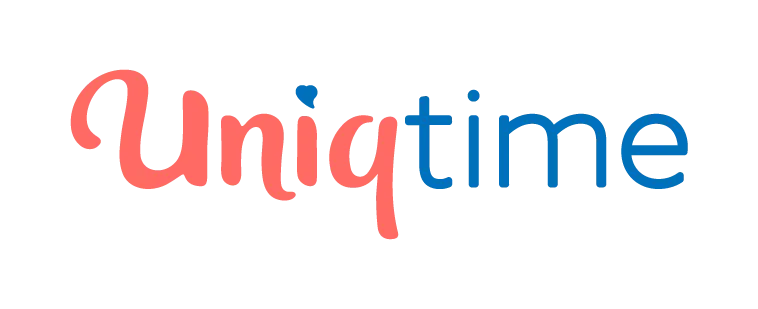
Understanding Relactation: A Comprehensive Guide for New Parents
What is Relactation?
Relactation, often termed retro-lactation in some regions, refers to the process of re-establishing breastfeeding after a period of minimal or no breastfeeding. This technique involves the baby feeding through a thin tube, which can supplement the infant with breast milk or formula while the baby suckles at the breast. It's a practice highly supported by lactation consultants who advocate for sustained breastfeeding efforts.
The Role of Lactation Consultants
Lactation consultants are pivotal in the relactation process. They defend the practice of breastfeeding, sometimes fervently, as they believe in its numerous benefits for both mother and child. However, there are concerns that in their zeal, the overall well-being and individual circumstances of the mother may sometimes be overlooked.
Support Beyond Breastfeeding
For mothers striving to breastfeed, the journey can be fraught with emotional and physical hurdles. The pressure to breastfeed can be overwhelming, making mothers feel invisible in their struggle. It's crucial that their efforts are acknowledged and that they receive comprehensive support that considers their overall health and well-being, not just their ability to breastfeed.
The Challenges of Relactation
Relactation is not without its challenges. It takes time, patience, and a lot of perseverance. Mothers often need support for several weeks or even longer. Through each consultation and interaction, both the mother and the consultant can learn and adapt strategies to suit the individual needs of the baby and the mother.
One significant concern with relactation is the risk of choking, especially in newborns, due to the potential volume of milk delivered through the supplementary tube. This highlights the need for careful, supervised feeding practices during relactation.
Safety First: Minimizing Risks in Relactation
Ensuring the safety of the infant during relactation is paramount. Consultants and parents must be vigilant about the feeding process to prevent any incidents of choking. Adjustments may be necessary to control the flow of milk through the tube, ensuring that the baby can feed safely and effectively.
Final Thoughts on Relactation
Relactation is a valuable technique for mothers who wish to resume breastfeeding after a break. It provides not just nutritional benefits but also enhances the emotional bond between mother and child. However, it is essential to approach this process with a comprehensive support system that respects and responds to the needs of the mother as much as the child.
For mothers looking for support and advice on relactation, a consultation with a professional can be invaluable. Learn more about how our experts can help by visiting our Lactation Consultation page.
Breastfeeding is a personal journey, and each experience is unique. Whether choosing to initiate relactation or exploring other feeding options, the best approach is the one that considers the well-being of both mother and baby. Remember, you're not alone, and support is available.


